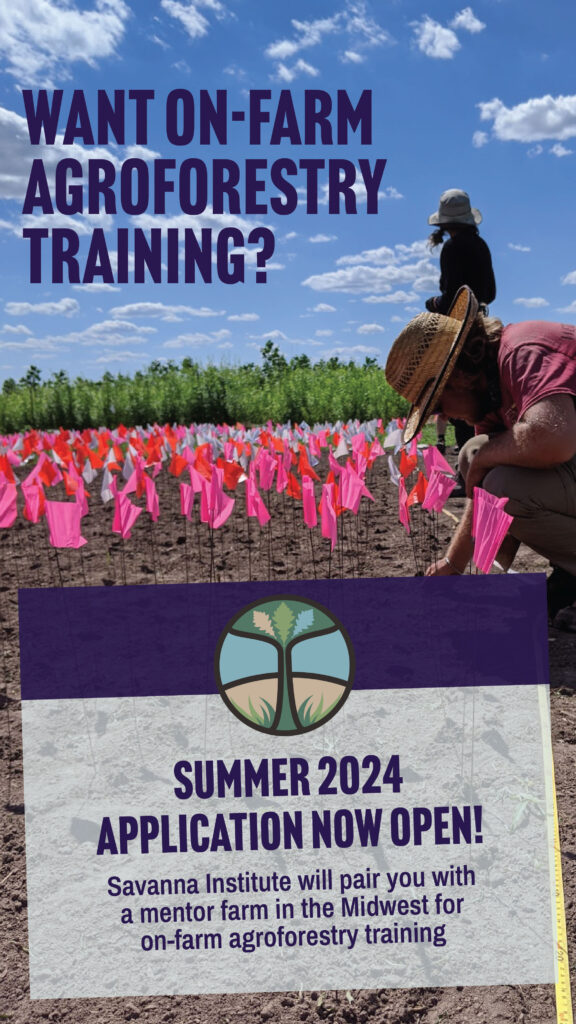
🔊 How NOT to Start a Farm – with Marie Raboin
The Internet is overflowing with advice on how to farm. But sometimes knowing what NOT to do is even more valuable than hearing what worked for someone else one time.
With that in mind, podcast host Jacob Grace visited Marie Raboin, a beginning farmer in southern Wisconsin, for the latest episode of the Perennial AF podcast. Marie has learned a lot from her first few years of raising sheep, hogs, and hazelnut trees, and is quick to provide some “reality checks” for other beginning farmers.
If you’re a new landowner or a beginning farmer interested in agroforestry, we’re here for you!
You can explore our website for all kinds of resources to help you get started, including our apprenticeships, our technical assistance programs, and our series of independent online agroforestry courses!

This interview has been edited for brevity and clarity.
Jacob: So let’s say I’m an aspiring farmer, and I’d like to buy some land outside of town to start a farm. How do I find land?
Marie: I don’t know…get lucky? I do think a lot of people find land outside of the real estate world. I think it’s usually about who you know.
Jacob: I’m thinking about raising livestock, but I’d like it to be pretty hands-off… you know, free-range and mimicking wild herbivores and all that.
Marie: Ahh, I see. Well I do have an idea for you here. See, what you could do is have a nice property where the deer, which are native herbivores, can browse, and then you could rent out hunting rights, and actually make some money! (Laughs.) So all of us who are trying to raise animals, or all these things, we could probably be making way more money if we just put hunting rights on Craigslist.
Jacob: How hard would it be to find a high school student to, like, take care of the farm for me?
Marie: Yea, so that’s probably not such a good idea, Jacob.
Jacob: Why not?
Marie: Well, for one thing, high schoolers are teenagers, and teenagers are not known for their responsibility. And also, I think a lot of teenagers now – even around here – don’t know that much about farming.
Jacob: Well I don’t know that much about farming either. So we could learn together.
Marie: You WOULD learn together. (Laughs.) You would learn a lot about digging holes. You’d get really good at digging holes that are about the size of a sheep.
I’m sorry to be so morbid… Livestock just die sometimes. And it’s really unfortunate. And you can do all the right things – you can read all the right books, and have the vet come out and do everything, and they’re still gonna die sometimes, because that’s just… that’s just what happens.
I will say, I have very good friends in the neighborhood, and we help each other out. So finding those folks in the neighborhood who can help you out is going to be more valuable than any fence or piece of equipment. And in turn you can hopefully provide those friends with something that benefits them.
Jacob: So obviously I’m interested in agroforestry too. Is that a good idea?
Marie: Well I planted hazelnuts.
Jacob: So should I plant hazelnuts?
Marie: I don’t know. I planted five. I mowed over one, and it grew back. So I feel like that’s more resilient than sheep. You make one mistake with sheep and they’re dead.
Jacob: If you mow over a sheep-
Marie: (Laughs) Right. If you mow over a sheep, it’s dead. You mow over a hazelnut, and apparently it can come back. So maybe trees could be your thing.
More from Perennial AF
Indigenous Food Advocate Chef Sean Sherman to deliver keynote at 2024 Perennial Farm Gathering
The Sioux Chef founder will speak at the Monona Terrace in Madison on October 7th
A Letter from Canopy Farm Management
As Canopy enters its third year of providing tree planting and management services in the Midwest, the transformative impact of trees and the revitalization of our farms are becoming increasingly apparent.
Our Latest Perennial Report
Each year, we release a Perennial Report packed with stories from our community, hopeful milestones toward our vision, and organizational financial reporting. Read the stories and think big picture with us in our latest Perennial Report.



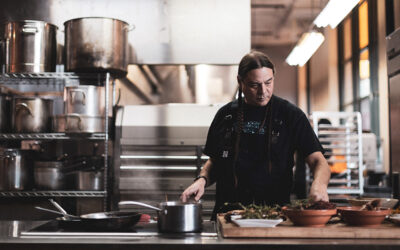
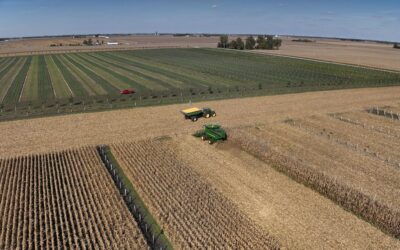
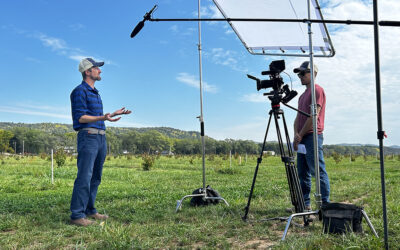
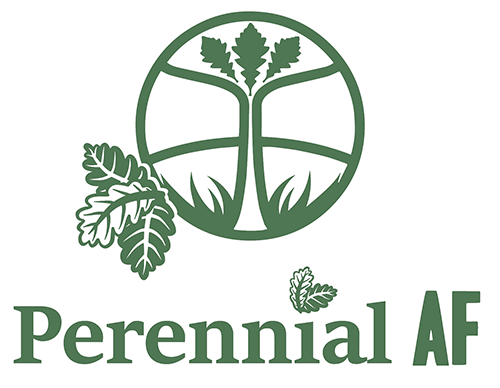


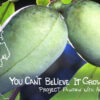 🔊 “You Can’t Believe It Grows Here” – Project Pawpaw with Adam D’Angelo
🔊 “You Can’t Believe It Grows Here” – Project Pawpaw with Adam D’Angelo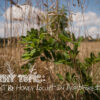 🔊 A Thorny Topic: Black Locust and Honey Locust for Agroforestry
🔊 A Thorny Topic: Black Locust and Honey Locust for Agroforestry 🔊 “Spreadsheets on the Radio” – Farm Viability and the Fruit & Nut Compass with John Hendrickson
🔊 “Spreadsheets on the Radio” – Farm Viability and the Fruit & Nut Compass with John Hendrickson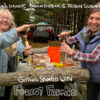 🔊 Getting Started with Forest Farming – Ingrid Daudert, Karam Sheban, and Robin Suggs
🔊 Getting Started with Forest Farming – Ingrid Daudert, Karam Sheban, and Robin Suggs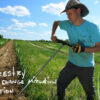 🔊 Agroforestry for Climate Change Mitigation and Adaptation – with Nate Lawrence and Monika Shea
🔊 Agroforestry for Climate Change Mitigation and Adaptation – with Nate Lawrence and Monika Shea